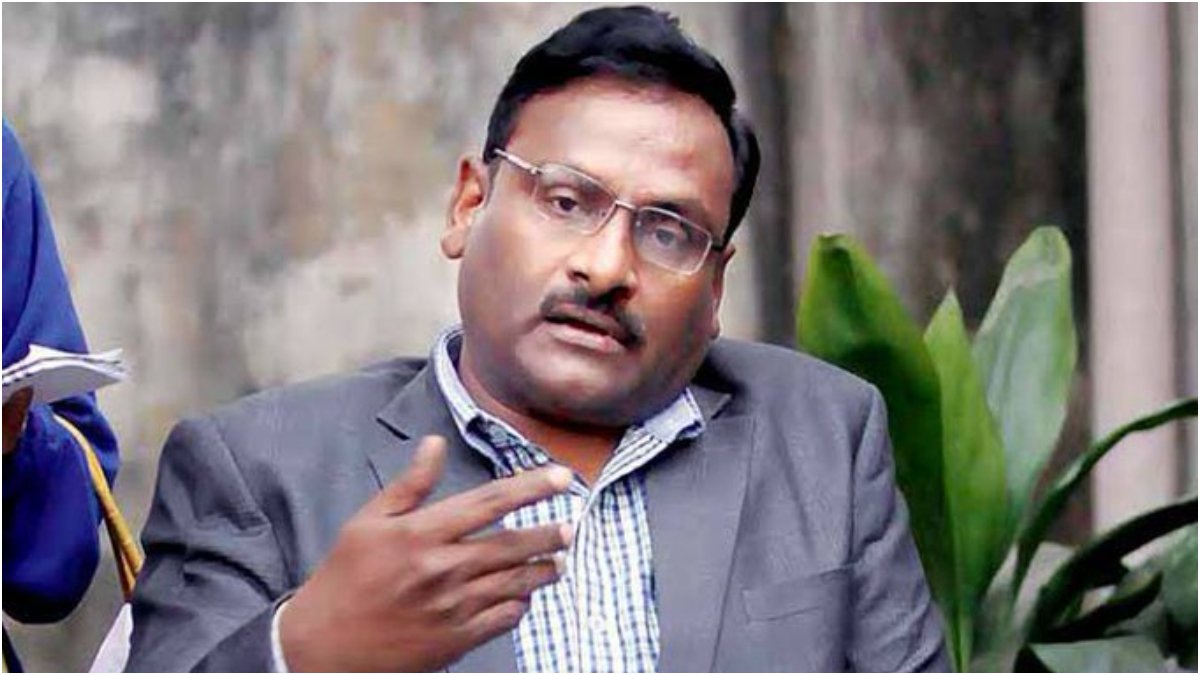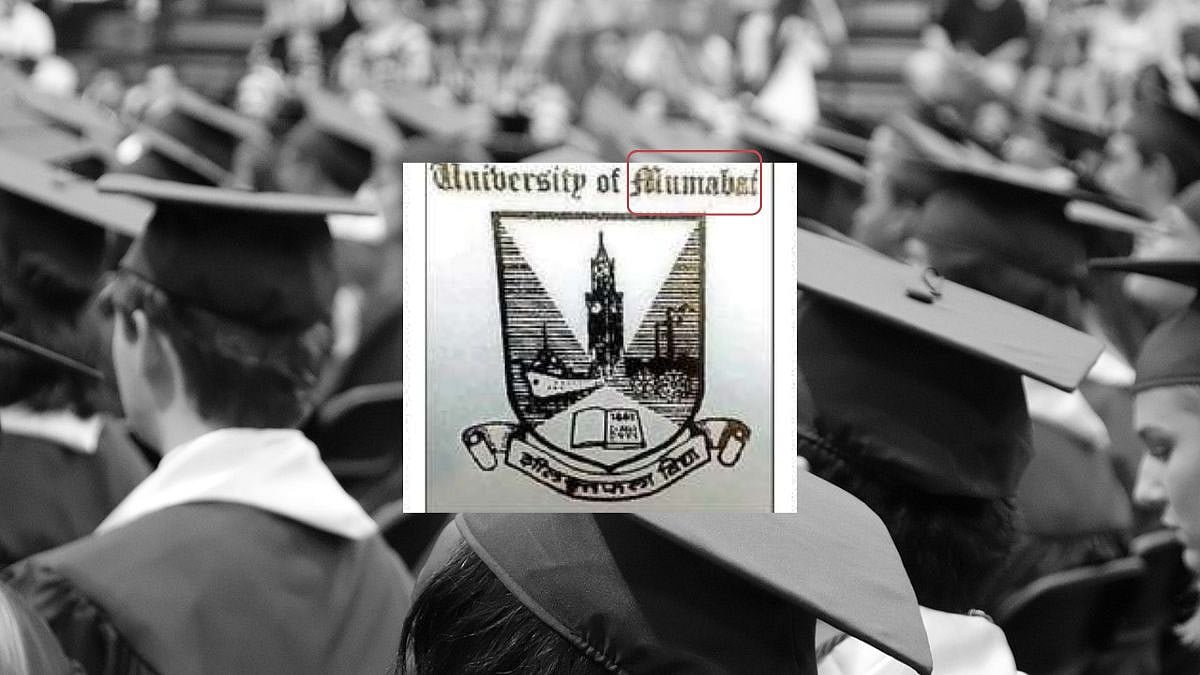The death of G N Saibaba at the age of 57 is a severe indictment of the political system and the judiciary of the country that kept the wheel-chair bound academic incarcerated for nearly 10 years under the draconian Unlawful Activities Prevention Act until he was finally acquitted of all charges by the Nagpur bench of the Bombay High Court earlier this year. Both the state and the judiciary showed a complete lack of compassion for a man with 90 per cent disability when rapists and murderers are granted bail or parole with alarming regularity. Saibaba was arrested for alleged Maoist links in May 2014 but was released in June 2015 after the Bombay High Court granted him bail on medical grounds. Soon after he was sent back to jail and was given life imprisonment by a Sessions court in 2017. Bail pleas on account of his medical condition were rejected and he was even denied parole to attend his mother’s funeral. In October 2022 the Nagpur bench of the Bombay High Court acquitted him of all charges under UAPA but this verdict was challenged by the government in the Supreme Court which stayed the judgment and asked the Bombay High court to re-evaluate the case. On 5 March 2024, the Nagpur bench reaffirmed its judgment and ordered his release along with five others also indicted in the case. All that the state could prove of his terrorist links was the possession of Maoist literature. The court dismissed the charges against him but that it took 10 long years to do so is a telling commentary on India’s judicial system.
In his decade in prison Saibaba’s health deteriorated but the authorities remained unmoved by his plight. After his release he spoke of the many medical complications he developed in jail. There are many similarities to the Stan Swamy case, who too was imprisoned on charges of being a Maoist sympathiser. The octogenarian priest, who suffered from Parkinson’s disease, was even denied the use of a straw to drink water and died in jail. There are numerous other cases of human rights activists being incarcerated for years on end with the administration dismissing them as ‘urban naxals’ as in the case of JNU student Umar Khalid. The lower courts appear unable to exercise their discretion in such cases while the higher courts seem to be content to let them linger on. It is a pity that the middle classes are oblivious to the plight of these undertrial prisoners but have strong views on godmen and charlatans being behind bars. A judicial system that constantly harps on bail being the rule and jail the exception appears loath to follow its own principles. There is no urgency in taking up such cases and often years pass before any verdict is pronounced. Justice delayed is indeed justice denied. In a sense G N Saibaba’s was the chronicle of a death foretold.




